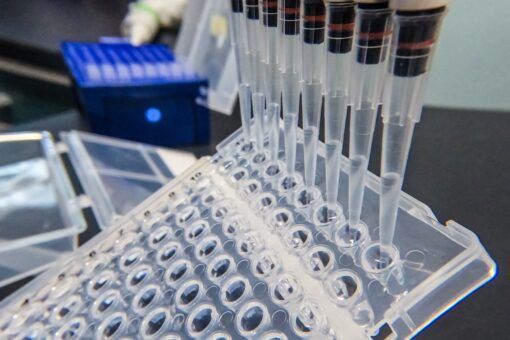
We believe the Government’s ambition of a ‘gold standard UK model’ for genomics can only be achieved if ethics is truly embedded across policy and the practices of everyone involved in genomic research and healthcare.
We have published a new report, funded and developed in partnership with the Office for Life Sciences (OLS). This report brings together, for the first time, a comprehensive UK map of publicly available ethics resources aimed at supporting the discovery, development and application of genomic technologies. The resources cover a range of topics including consent and confidentiality, data use and governance, prenatal genomic testing, and synthetic genomic data.
The report highlights that whilst current resources are extremely valuable, there are areas with gaps that need attention. These gaps include:
- Diversity and genomics
- Familial disclosure
- Polygenic scores
- Sustainability and genomics
- Whole genome sequencing of newborns
We believe a collaborative approach is needed to address these gaps effectively and that having a UK-wide coordinating role to oversee the development of further resources would help to ensure that these actions can be taken forward in a consistent and effective manner.
We hope our resource mapping will help promote further collaboration, accountability and consensus building across patients, participants, researchers, clinicians, policymakers and funders of genomics-based research and medicine. Through us all working together, we can help ensure that the benefits of this promising science can be realised for all.
Danielle Hamm, Director, Nuffield Council on Bioethics
We are committed to establishing a gold standard of ethics in genomic healthcare in the UK to support the development of new treatments and improve patient care. This report will help us focus on protecting patient confidentiality, consent, and how we address diversity in genomics.
Andrew Stephenson, Health Minister, Department of Health and Social Care
Notes:
- This work builds upon our previous work published in July 2023. It has been informed by engagement with a range of stakeholders and desk-based research. We are grateful to everyone who has contributed to this work.
- This report is accompanied by a ‘resource bank’ which lists all the resources mentioned throughout the report. The bank will be amendable over time at the request of external stakeholders who may have identified or developed missing or future resources. Similarly, resources can be removed on request if they are no longer relevant or appropriate. Requests can be made by emailing us at: bioethics@nuffieldbioethics.org.
Related projects
-
Joint project
-
Work programme
-
Joint project